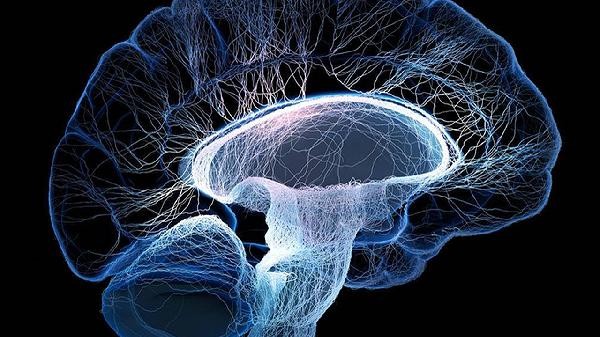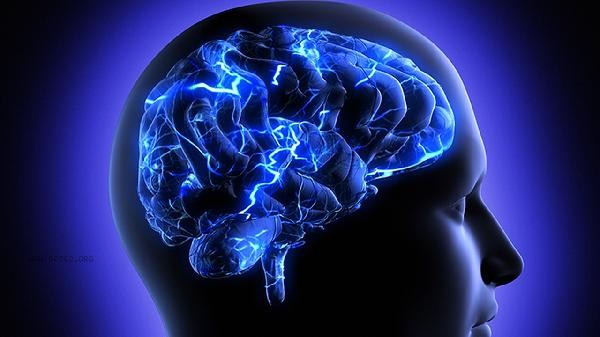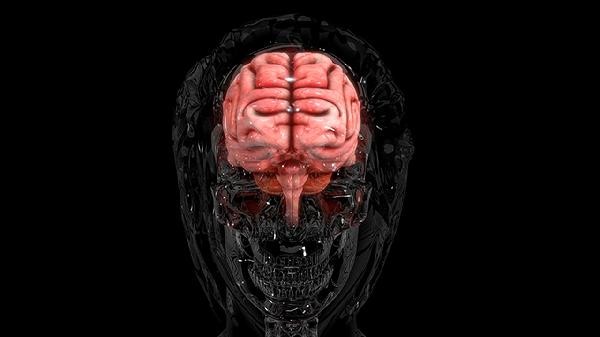A clear mind but uncontrolled hands and feet may be caused by neurological disorders, psychological factors, drug side effects, metabolic abnormalities, genetic factors, and other reasons. This situation needs to be diagnosed based on specific symptoms and medical examinations, and it is recommended to seek medical attention and investigation in a timely manner.

1. Neurological disorders
Certain neurological disorders may lead to motor dysfunction. Multiple sclerosis can affect central nervous system signal transduction, while Parkinson's disease is associated with degeneration of dopamine neurons. This type of disease usually requires diagnosis through magnetic resonance imaging or cerebrospinal fluid examination, and early intervention can help delay the progression of the condition. Doctors may prescribe drugs that regulate neurotransmitters, but the specific medication plan needs to be professionally evaluated.
2. Psychological factors
Strong anxiety or panic attacks may lead to physical loss of control. Acute stress response can lead to excessive excitation of the sympathetic nervous system, resulting in somatic symptoms similar to paralysis. This situation requires psychological assessment, and cognitive-behavioral therapy and relaxation training may be helpful. It is recommended to maintain a regular daily routine to avoid symptoms caused by excessive fatigue.
3. Drug side effects
Some antipsychotic drugs or sedatives may cause extrapyramidal reactions. These drugs may interfere with nerve conduction in the basal ganglia region, leading to abnormal muscle tone or bradykinesia. In the event of such a situation, it is necessary to promptly communicate with the attending physician and adjust the medication plan. Do not discontinue medication or change dosage on your own.

4. Metabolic abnormalities
Severe hypoglycemia or electrolyte imbalance may affect neuromuscular function. Improper use of insulin in diabetes patients may cause hypoglycemia, which may be manifested as limb tremor or coordination disorder. Regular monitoring of blood glucose and potassium levels is important. When symptoms occur, carbohydrates can be supplemented in moderation, but repeated episodes require medical examination.
5. Genetic factors
Some hereditary motor disorders may manifest symptoms in adulthood. Diseases such as Huntington's disease have a familial genetic predisposition and are often accompanied by cognitive decline. Genetic testing can help diagnose such diseases, although it is currently incurable, targeted treatment can improve quality of life. It is recommended that individuals with a family history seek genetic counseling. When there is a situation where the brain is clear but the limbs are out of control, it is recommended to record the time, duration, and triggering factors of the symptoms. This information is very helpful for doctors to diagnose. In daily life, it is important to maintain moderate exercise, avoid sudden changes in position, and ensure sufficient sleep time. In terms of diet, it is advisable to increase foods rich in B vitamins, such as whole grains and green leafy vegetables, which can contribute to neurological health. When symptoms recur or worsen, it is necessary to seek timely medical attention from the neurology department for systematic examination and professional treatment.









Comments (0)
Leave a Comment
No comments yet
Be the first to share your thoughts!